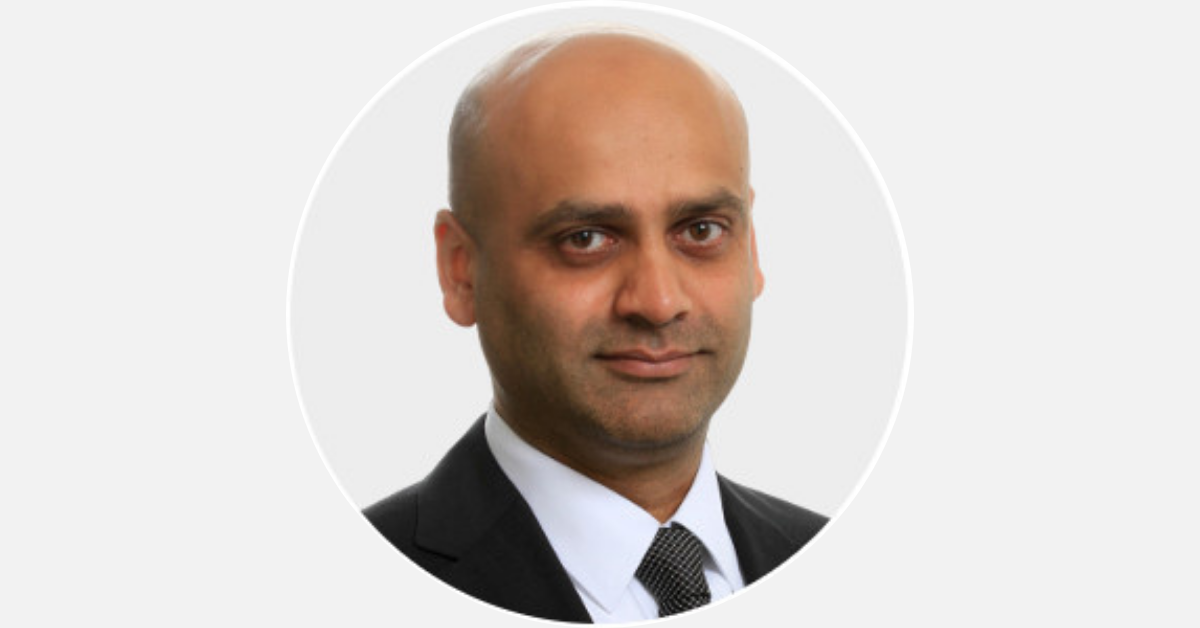Strong momentum in ESG has led to greater scrutiny of the ability of these strategies to deliver for clients in the long term. As investors seek to avoid greenwashing, choosing the right fund manager remains one of the best ways to navigate what is becoming a highly contested field.
The recent travails of Boohoo, the UK fast fashion retailer, has only fuelled the argument that ESG investing is unable to live up to it purported values and is on the cusp of a bubble, with too much capital chasing a finite set of investment opportunities.
More than 20 ESG funds held Boohoo, which was in turn ranked highly by various ESG rating agencies. All of which has lent support to those who are only too willing to write off ESG investing as an exercise in greenwash.
The lack of standardisation also remains a key issue for ESG investors who are faced with a variety of labels ranging from ethical, SRI, responsible, sustainable, ESG, impact and transition – to name a few.
The choice of an appropriate fund manager has therefore never been more vital for ESG investors, who are faced with this bewildering choice of funds, all of which appear to have ESG credentials. So what should investors look for in their ESG manager to give them comfort that their capital is being invested in line with their values and principles?
The right manager
The number of new entrants into the ESG sphere has been unprecedented, with investment houses of all sizes rushing to market with new or repurposed products, while claiming to be experts in the field.
This lack of credibility remains an issue and only adds weight to accusations of greenwash. Investors need to choose a fund manager with a specialist offering built around ESG, who have not just applied an ESG framework as an afterthought, but developed it through long-term experience in the field.
This tends to favour smaller investment houses, which have a heritage in this space and the proven ability to meet the specific needs of ESG investors. Although there will always be a place for larger incumbents, discerning investors need to be aware ESG investing remains a specialist field.
Then there is an exercise in understanding how your ESG fund manager actually integrates ESG into their process. Simply relying solely on external ESG ratings from agencies is a strategy that has proven recently to be fallible for asset managers, and can expose their clients to unnecessary risks, both financial and reputational. The commitment of specialist houses can be evidenced by the presence of a long-tenured in-house ESG team, which is integrated into the investment process.
Looking for examples of how the asset manager engages and conducts proxy voting on issues is also an excellent way of evidencing how investments are held to account via your fund manager. The majority of asset managers publish proxy voting records on a quarterly basis, which are easy enough to find online. Specialist houses with a focus on ESG will seek to engage and influence companies across a myriad of ESG issues, either directly or in collaboration with other houses or via the platforms like the UN PRI.
Finally, the presence of thought leadership is another important criteria to look for as this is another area where your fund manager can add value in the long term. ESG themes and concerns change over time, and having a fund manager that can articulate what these issues are, how they affect investors and form a cogent strategy to respond to them will help to ensure a client’s values don’t become misaligned with their portfolios in an ever-changing landscape.
ESG has come a long way since the early days of the 1980s, with greater choice for investors, but also comes with the usual warning: investors need to engage with their asset managers to make sure they are getting exactly what they have paid for. There are plenty of people jumping on the bandwagon, but the specialist investment houses are the ones that have the experience and skillset to deliver in the long term for ESG clients.
Ketan Patel is co-manager of the Edentree Amity UK Fund and UK Equity Growth Fund, and editorial panellist for ESG Clarity








